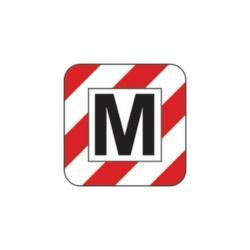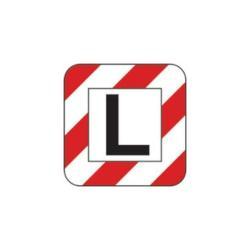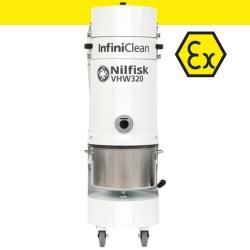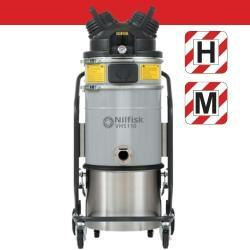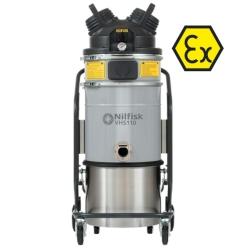As a specialised industrial cleaning dealership, we have a strong understanding on the options businesses have with M and H-Class equipment filtration. We want to share the ways they can help to manage the silica hazard.
What makes silica dust dangerous?
Silica dust is dangerous when inhaled by an individual and becomes stuck in lung tissue. The fine dust particles impair the lung’s capacity for oxygen intake. It can lead to serious disease such as lung cancer, silicosis, kidney disease and more. Being a progressive disease, it can become fatal in extreme cases.
More information can be found on Cancer Council’s website.
How is someone exposed to silica dust?
A variety of industrial tasks may lead to a worker’s exposure to dust when using raw materials such as stone, rock or clay. Products that contain this material used in manufacturing processes can lead to the creation of silica dust in a variety of environments.
Why is M or H-Class equipment considered control measures for silica dust?
In workplace environments where the elimination or substitution of silica material is not possible, other measures need to be taken to protect at-risk workers from exposure. SafeWork Australia considers use of a M or H-Class vacuum cleaner or H-Class local exhaust ventilation as an engineering control, due to its ability to suppress and capture dangerous dust particles (see the hierarchy of risk control diagram). There are different classes of ventilation available to capture varying dust types and M/H-Class are considered effective options for silica dust by SafeWork.
Cancer Council: 'The hierarchy of risk control'
What is an M or H-Class vacuum cleaner?
M or H-Class vacuum cleaners are certified machines (H-Class must be fitted with a HEPA dust filter) to capture dust particles. The filtration efficiency of these machines is higher than a standard L-class vacuum. The advantage of M and H Class vacuum cleaners is the ability to comply with workplace exposure standards as well as protect staff who use the equipment. Some providers can also help organise DOP testing through their supplier network. It is important to note, that just because a vacuum may have a HEPA filter, it does not necessarily mean it is M or H-Class. A brief description of the dust classes is below.
Workplace Health and Safety Queensland: 'Classes, filtration and suitability of industrial vacuum cleaners (AS/NZS60335.2.69)
*8-hour time-weighted average (TWA) is the maximum average airborne concentration of a substance when calculated over an eight-hour working day, for a five-day working week. Further guidance on workplace exposure standards is available at safeworkaustralia.gov.au/exposure-standards.
Where would M or H-Class vacuums be suitable for?
M or H-Class vacuum cleaners or H-Class local exhausts are most suitable for workers who:
cut, grind or drill silica materials or products
cleaning dusty surfaces
cleaning dusty clothes or uniforms
Some models include a link-up to power tools to allow dust extraction at the time of using the tools.
How can M and H-Class equipment help silica dust exposure prevention?
M and H-Class equipment solutions are extremely effective in silica dust protection. They are designed to capture fine dusts through high filtration not possible with other vacuum cleaner models. These classes of vacuums also have effective waste disposal processes to reduce the worker’s exposure to dust when replacing dust bags in the unit. This measure, combined with many other recommended measures by SafeWork can considerably reduce the chances of silica dust exposure and diseases such as silicosis.
Other HEPA solutions
Another option that complements the use of an M or H-Class vacuum is HEPA-filtered floor sweepers used to collect high-volume dry dust in an industrial environment. These are not certified M or H-Class equipment however, have been designed to clean silica-prone environments and are rising in popularity in Australia.
Choosing the right HEPA, M or H-Class Solution
Capital Equipment Hire is a leading provider of cleaning equipment solutions to the Aussie market since 2004. They have the experience, knowledge, and team capable of determining your requirements and recommending the best equipment for the job. Contact their Sales Team to start a conversation!

